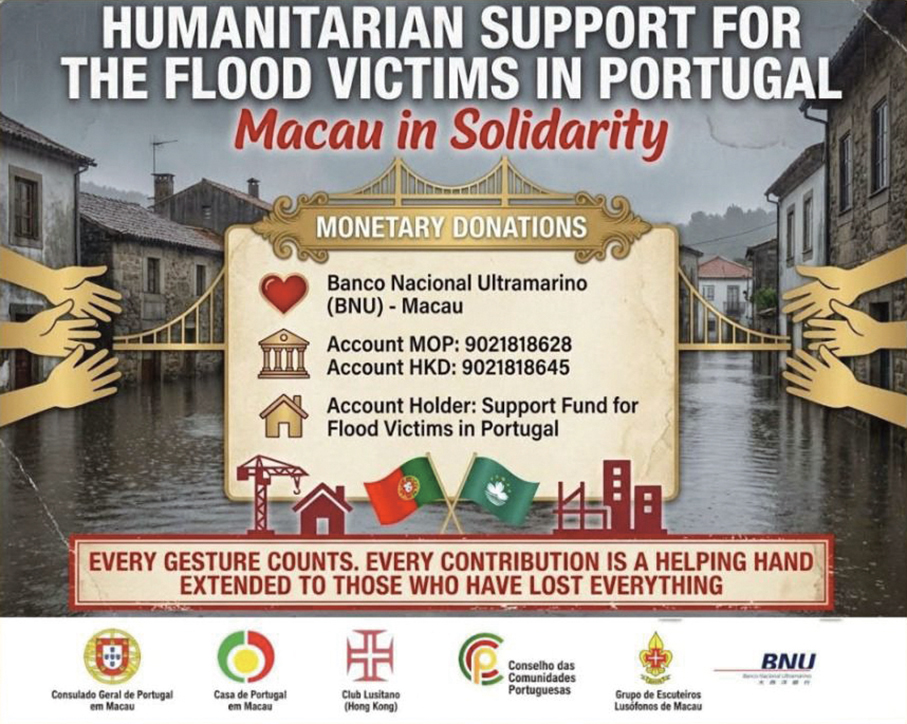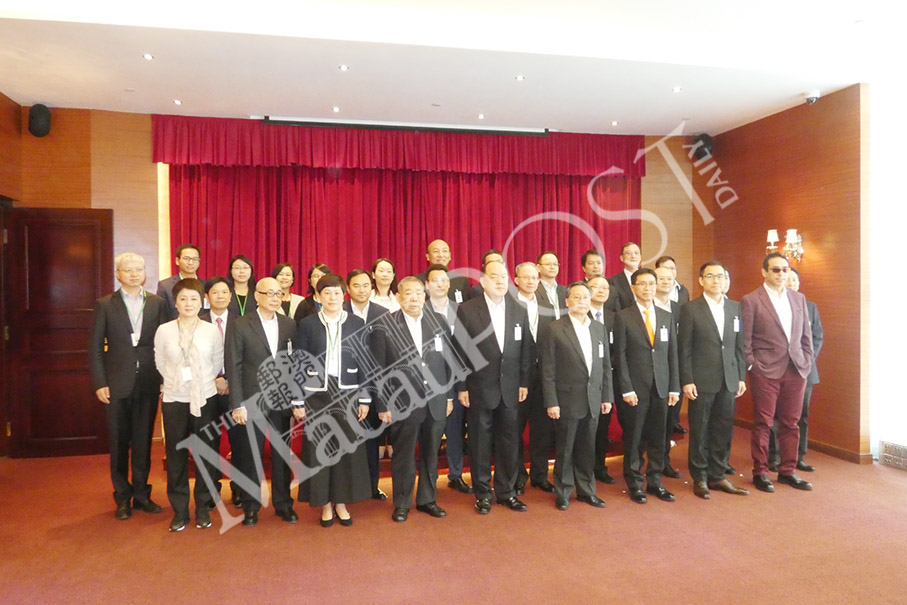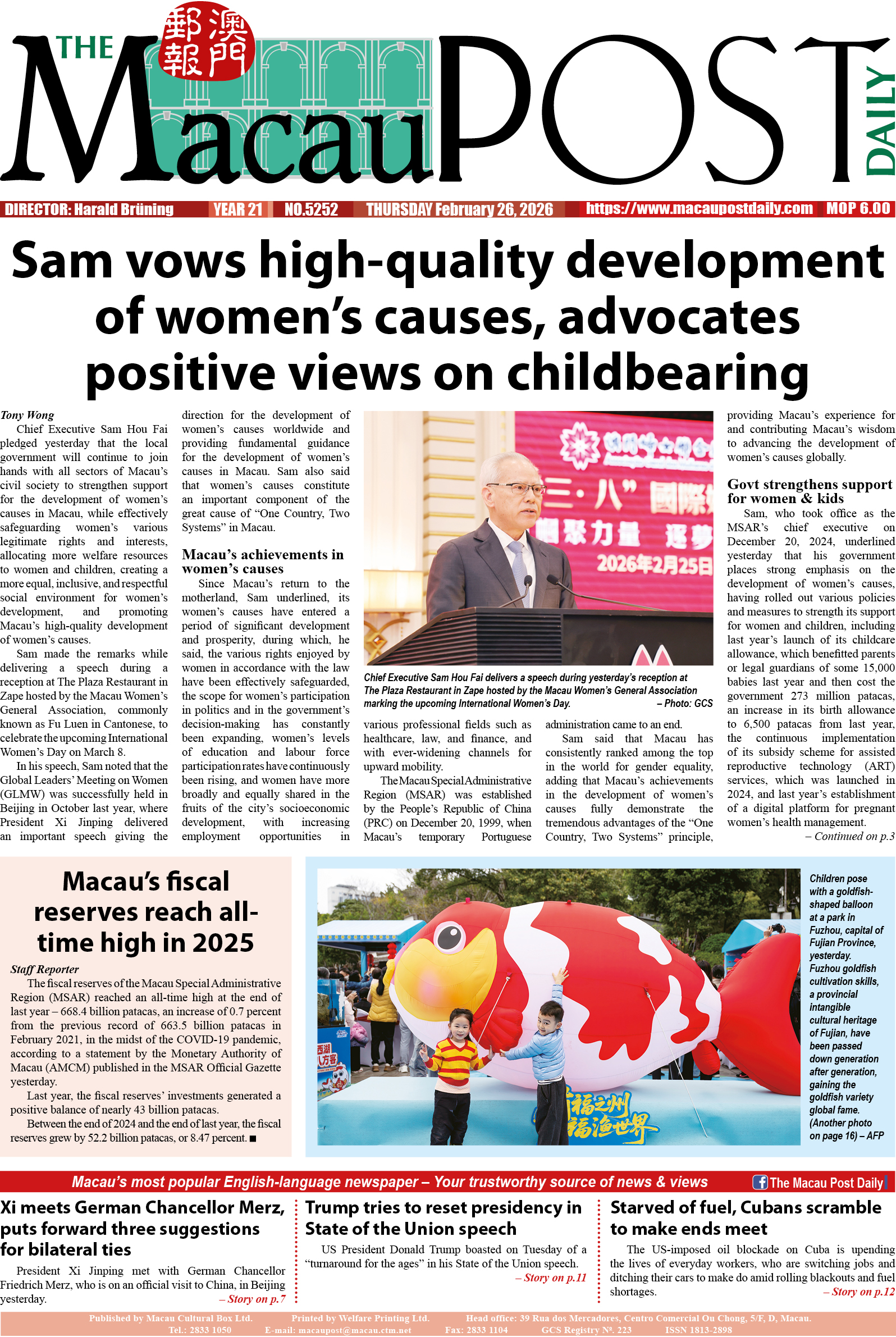Interview by Rui Pastorin
If you are a comic lover, you might be familiar with characters and stories associated with big American publishers like Marvel Comics and DC Comics, perhaps even Japanese manga* and Hong Kong comics (aka manhua). But have you ever stopped to wonder if Macau has its own comics?
That is a question that local actor and penciller** Howard Chan (陳兆銘, who is also the president of the Association of Promoting Macau Comics and Animation Cultural Exchange, once asked.
Chan, an avid comic reader from a young age, recently sat down with The Macau Post Daily to talk about his association and its role in promoting local comic books in Macau and beyond, as well as to learn more about local comics and its market.
Banding comic lovers together
Founded nearly a decade ago, the association’s main goal is to act as a platform that brings comic lovers and comic writers together to showcase their works, as well as to help local comic writers and illustrators start or promote their work beyond Macau, according to Chan.
Chan is “almost a hundred percent” dedicated to pursuing and promoting comics and the market, and assists creators in publishing their works, editing the dialogue and story, as well as setting up exhibitions to fully promote them.
However, there is no market for local comics here, Chan pointed out, adding that some people may not even be aware of them, instead opting for Hong Kong or Japanese comics due to their popularity.
The challenges
The publication of comics may be affected by low sales, and expectations for the series’ number of volumes may have to be lowered, whereas places such as Hong Kong and Japan can have comics published on a weekly basis, but the same cannot be said about Macau, Chan said.
Places where one can become a full-time comic book artist also enable them to hone their skills and use them consistently. The skill-level in Macau, where some may only be able to draw for a few hours a night as they balance the craft with their full-time jobs, may stay stagnant or even fall behind due to the lack of a viable market, which can lead to a lack of sales and income for the artists, according to Chan.
The lack of a workable market in the city, along with its small population, may not be able to support the artists, who might only find success outside Macau, Chan said. He emphasised that although the special administrative region “has great people”, they may not have “a platform to shine”.
Going overseas
Without a feasable market, Chan, with some support from the government, has had to focus on promoting local comics outside of Macau, travelling to places such as Hong Kong, Japan, Taiwan and South Korea for comic events and conventions to promote them, with some gaining the attention of fellow comic book lovers as well as collectors.
Going overseas, sometimes along with the artists and writers, aids in forming connections with other people in the comic book field, which might prove helpful when branching out, he said. Rather than focusing on sales, he instead looks at meeting people and the type of books that garner attention, all the while promoting Macau to those who may not have heard of it.
Through these efforts, Chan said he aims to help authors “start a business” with their works and afford more than just “afternoon tea”, he joked, as well as set up a foundation for the future. “What I am doing is for the next generation”, adding that if he doesn’t succeed now, he hopes to build a strong foundation for those who can carry on the work.
Moreover, there is a silver lining to be found in the challenges: “They have the freedom to draw anything they want”, Chan said, having the autonomy to do anything from choosing their own titles down to writing and drawing based on their own interest rather than being subject to trends and market demand, distinguishing them from their counterparts.
Hopes for the future
Chan hopes to set up more exhibitions in the future, as well as open a shop dedicated to selling local comics. He also wants to try and get more attention for Macau’s comics, particularly in Japan, which Chan described as a “comic kingdom”.
Understanding that Japan has a large, yet competitive market, the aim is not to become as well-known as popular and established titles, but to have a place within that market. “If one or two local comic writers can be named, then that would be good enough”, he concluded.
*The term manga is used in Japan to refer to both comics and cartooning. Outside of Japan, the word is typically used to refer to comics originally published in that country. -Source: Wikipedia
**A penciller is an artist who works on the creation of comics, graphic novels and similar visual art forms, with a focus on the initial pencil illustrations, usually in collaboration with other artists, who provide inks, colours and lettering in a book, under the supervision of an editor. – Source: Wikipedia
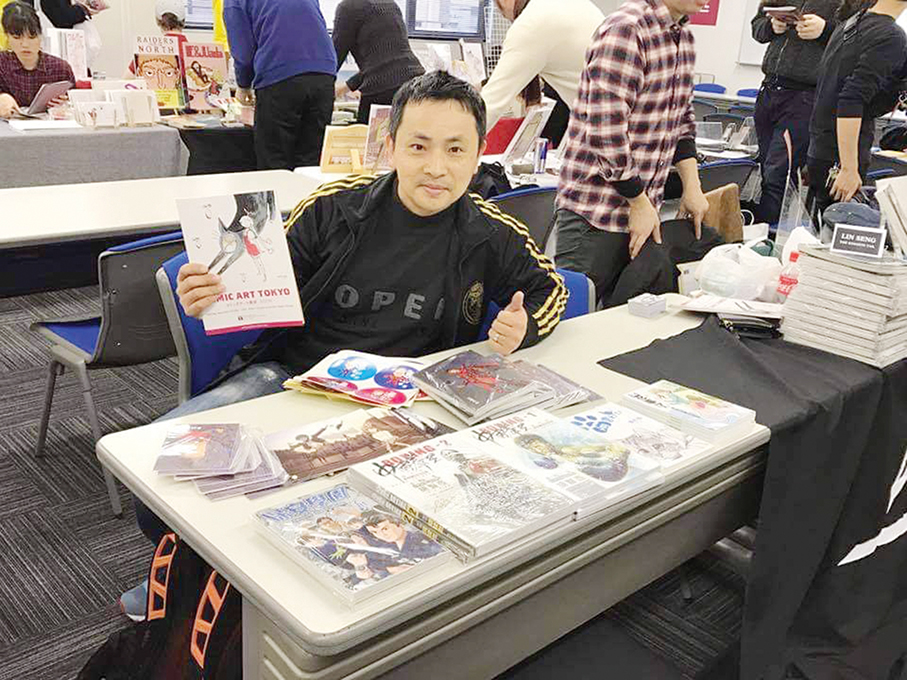
This undated photo provided by Howard Chan shows him posing during a convention in Tokyo.
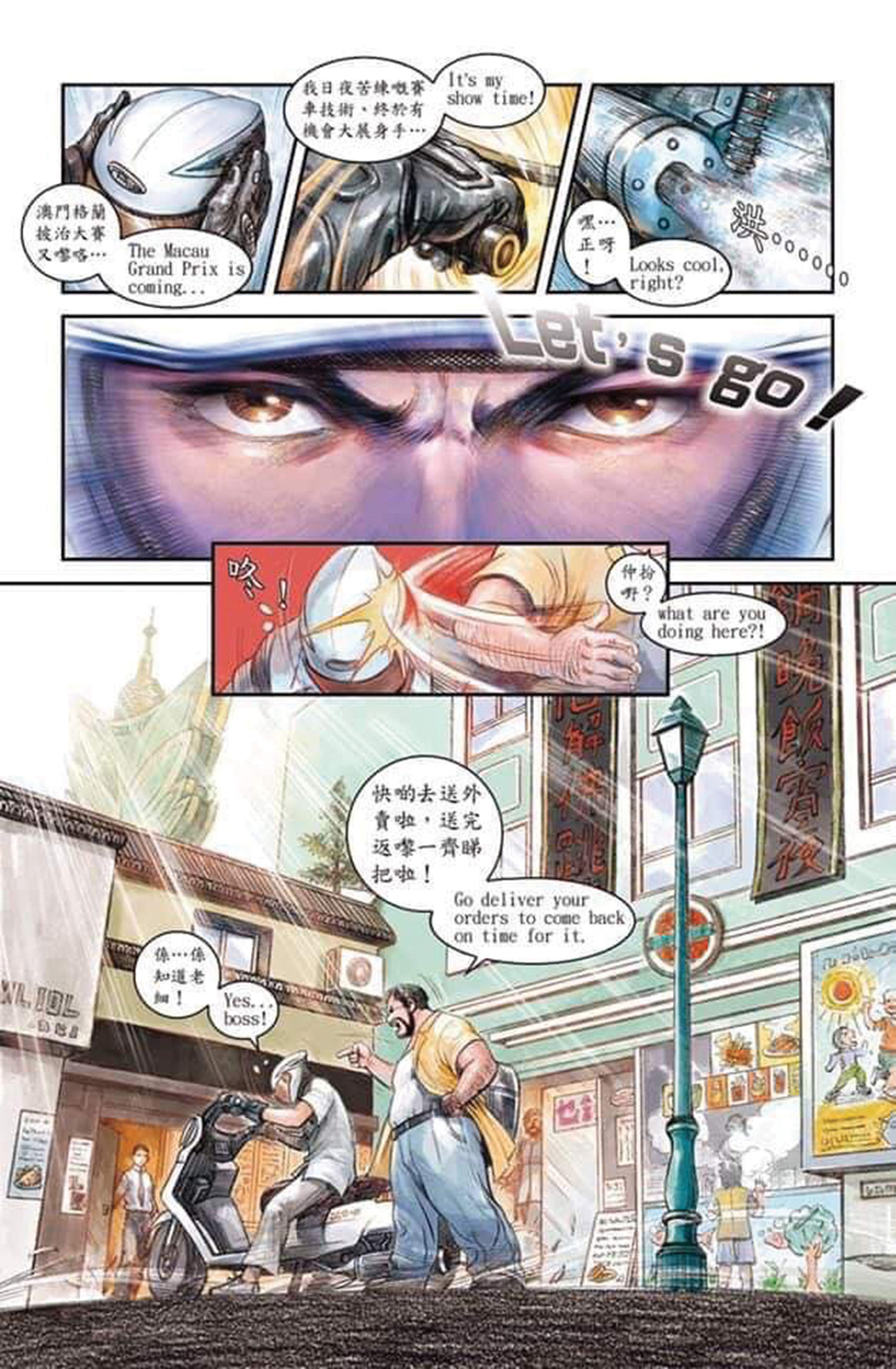
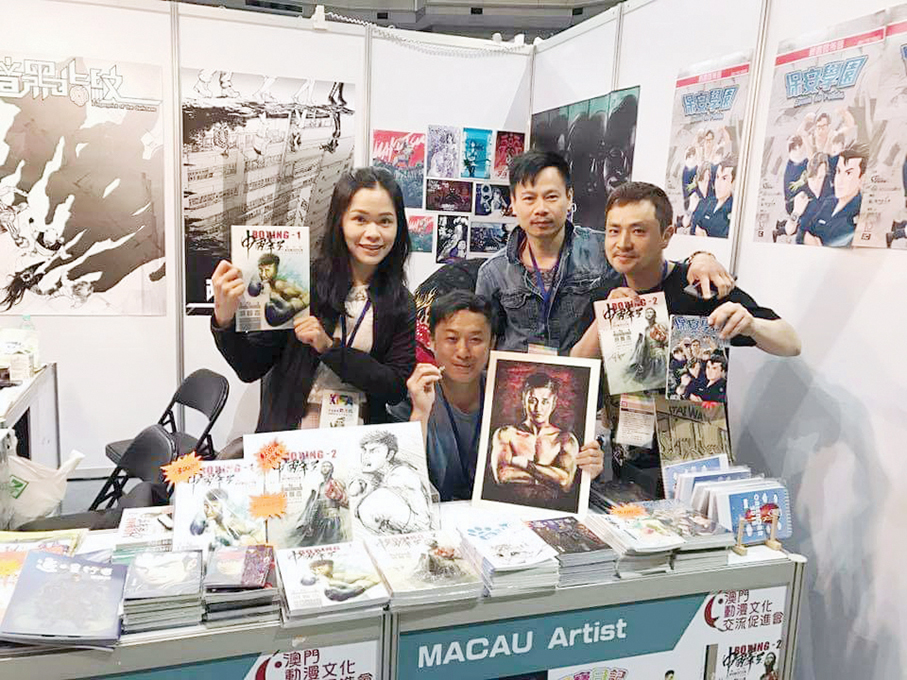
Photo and image provided by Howard Chan
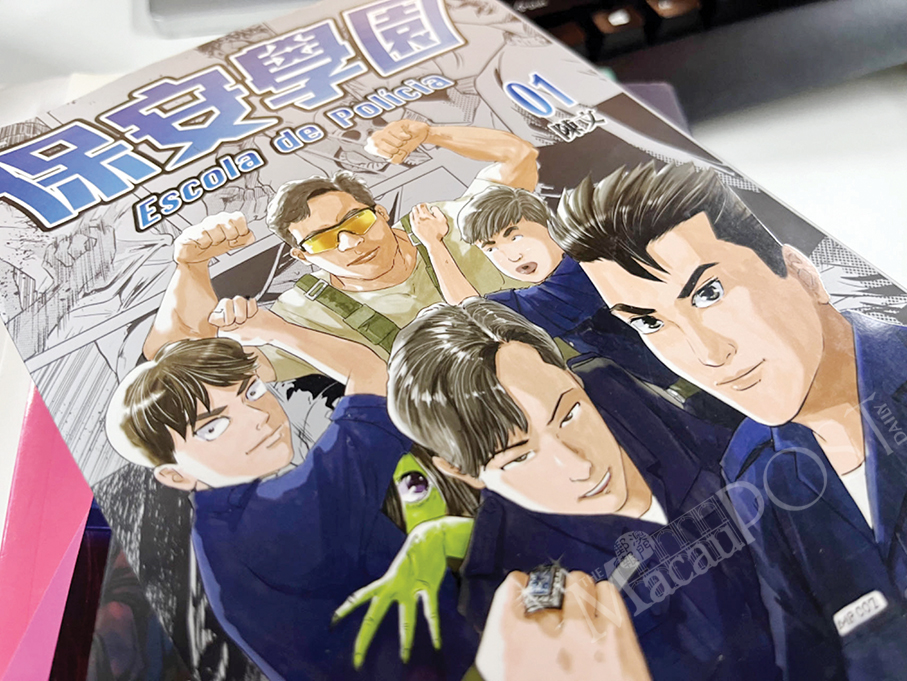
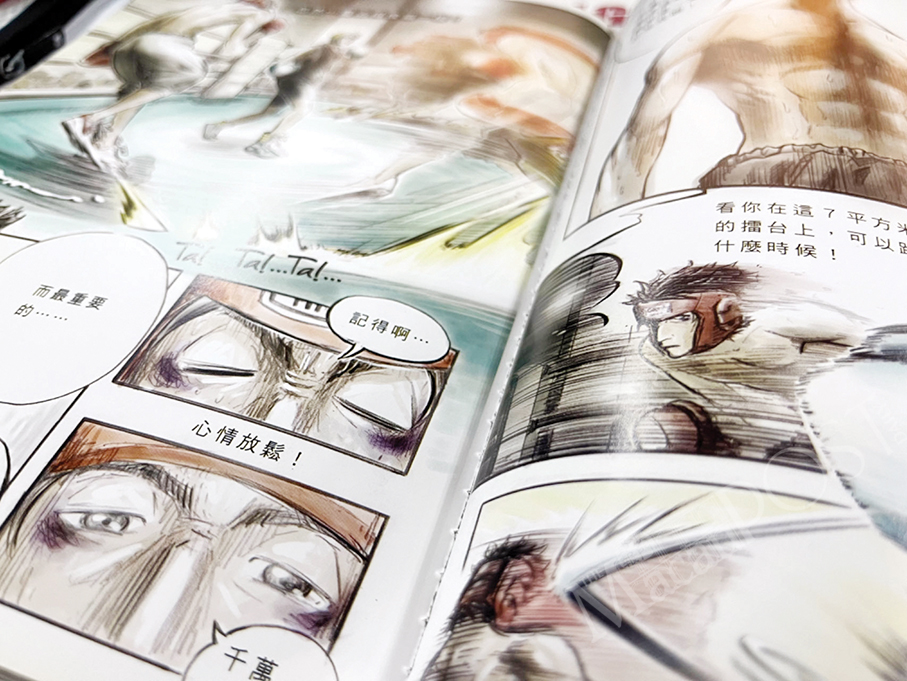
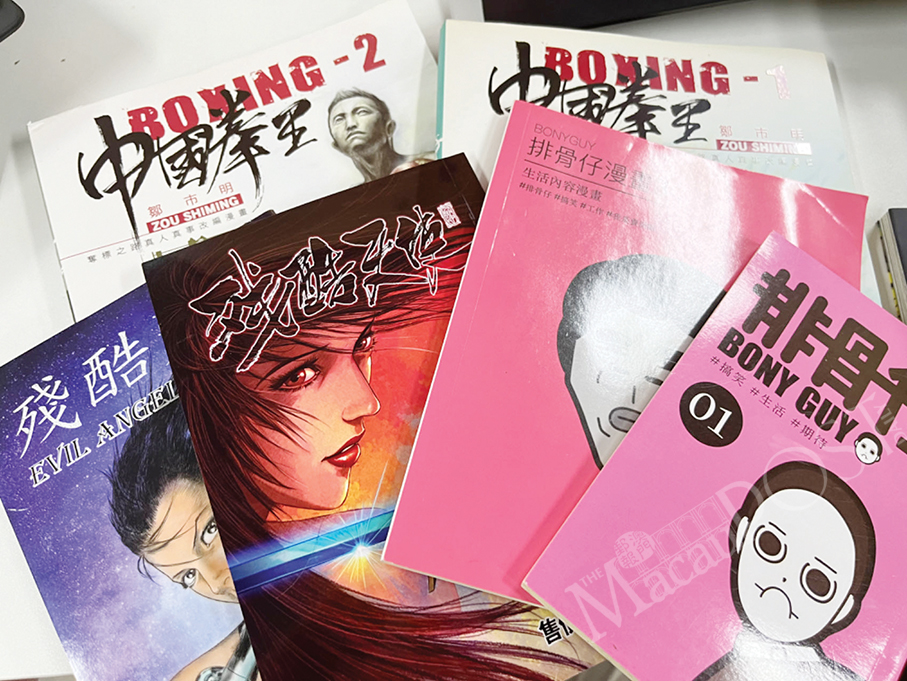
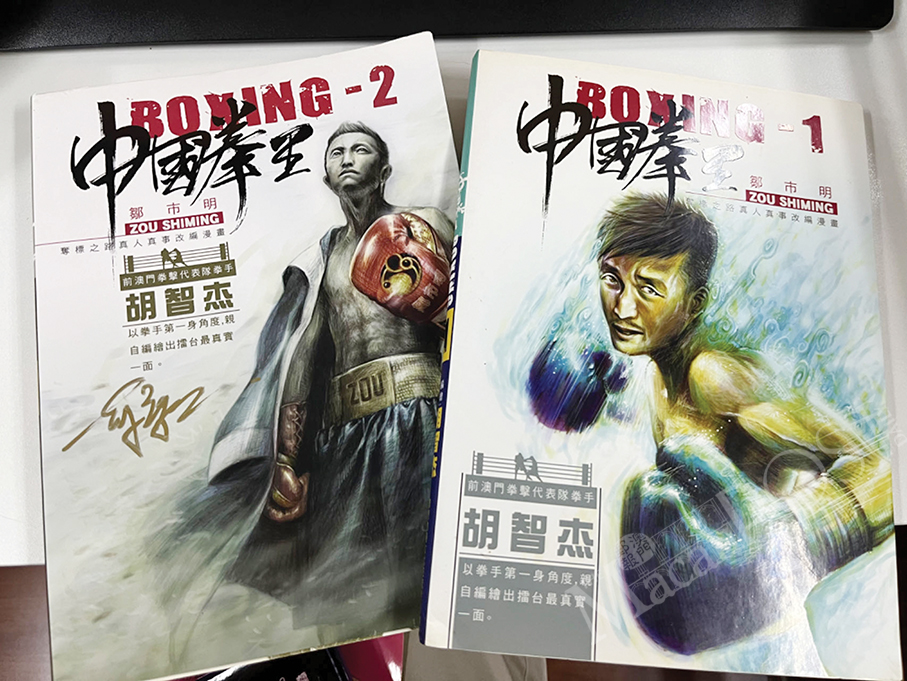
Photos taken last night by Rui Pastorin

